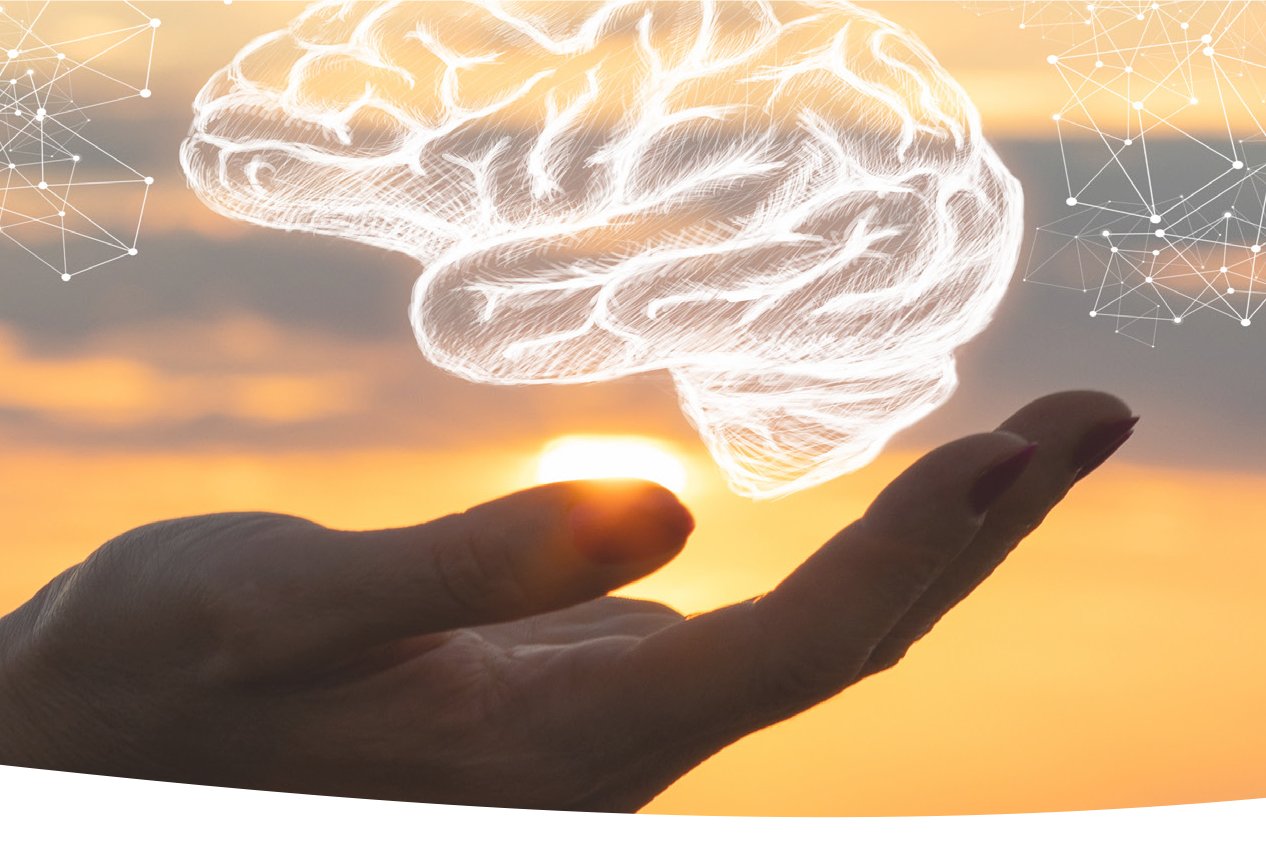An exciting possibility on the horizon is the convergence of brain cells and computer chips, representing a potential next step in the evolution of artificial intelligence (AI). Recently, researchers in Australia secured funding to nurture human brain cells and integrate them with advanced silicon chips.
Researchers receive funding to study chips in the brain
Researchers from Monash University in Melbourne have been awarded over $405,000 through Australia’s National Intelligence and Security Discovery Research Grants Program. Associate Professor Adeel Razi, leading the project at the Turner Institute for Brain and Mental Health, in partnership with the local start-up Cortical Labs, will be spearheading an innovative initiative. The focal point of this research entails cultivating approximately 800,000 brain cells within a controlled laboratory environment. Subsequently, these cells will undergo an instructional process aimed at developing goal-directed capabilities.
The project seeks to establish what the team refers to as the DishBrain System to get to the bottom of different biological mechanisms underlying lifelong continual learning.
Last year Researchers garnered global attention when brain cells demonstrated their capacity to perform basic tasks in a video game. The team believes this ongoing learning ability could revolutionize machine learning in various areas, such as self-driving cars and intelligent wearable devices. The research program involves using lab-grown brain cells on silicon chips, combining artificial intelligence and synthetic biology to develop programmable biological computing platforms.
Current research’s impact to extend to other domains
Raiz explained that the emerging technological advancement has massive potential and is likely to surpass silicon-dependent hardware. The potential ramifications of this research extend to various domains, including but not confined to planning, robotics, sophisticated automation, brain-machine interfaces, and pharmaceutical discovery, providing Australia with a noteworthy strategic edge.
The project received funding from a reputable Australian grant body for its focus on developing a new form of machine intelligence that enables lifelong learning. This technology will empower AI-powered robots to acquire new skills without losing old ones, adapt to changes, and apply prior knowledge to new tasks, making them independent and intelligent machines.


